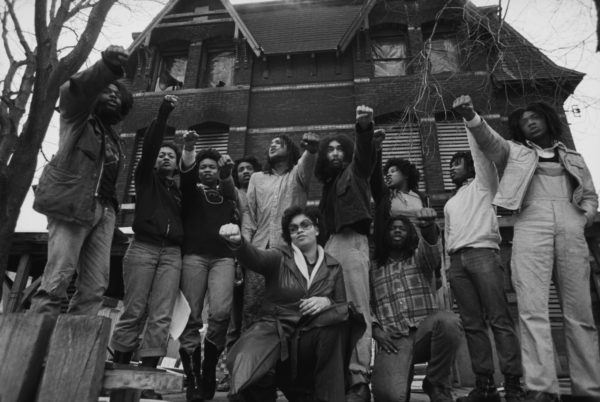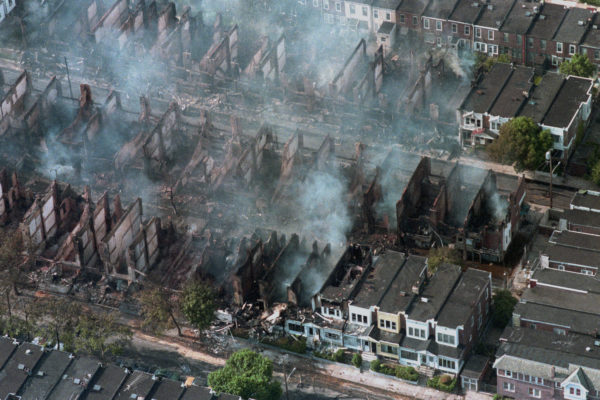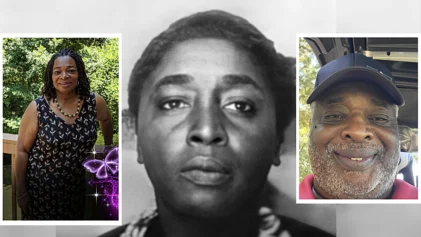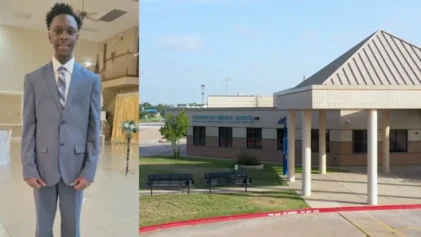Eleven members of Philadelphia’s City Council apologized for the infamous MOVE bombing of 1985 that left 11 people dead, including five children.
On May 13, 1985, Philadelphia police dropped a bomb on the roof of a rowhouse on Osage Avenue, a makeshift headquarters for MOVE, a Black liberation group. The group was founded in 1972 by John Africa, who promoted a “back to nature” lifestyle. All MOVE members took the last name Africa and lived in a communal home.

The 1985 bombing at the Osage Avenue home was the culmination of the second major police standoff for the group. The first came in 1978, when MOVE members lived in a home in Philadelphia’s Powelton Village neighborhood, where they were constantly embroiled in conflict with neighbors who complained about the group’s squalid living conditions and diatribes blasted on loudspeakers.
The group would defy a court order to leave the Powelton Village home, leading to an Aug. 8, 1978, police siege that ssaw volleys of shots fired into and out of the house, leaving Officer James Ramp dead. In 1980, nine members of MOVE were convicted of murder in Ramp’s death and sentenced to 30 to 100 years in prison for the death. The last member of the MOVE 9 was released from prison in February, reported The Guardian. Two of them died in prison.

By the morning of May 13, 1985, with remaining members of the group in now based in the Osage Avenue home, the city again would try to evict MOVE from their new commune. In the second standoff, police shot more than 10,000 rounds into the building, along with tear gas and jets of water from hoses as MOVE members continued to return fire. By afternoon, as the members remained hole up inside, a helicopter dropped an incendiary bomb on the roof. The resulting massive fire eviscerated that home and some 60 others, leaving hundreds homeless. Eleven people, including MOVE founder John Africa, were killed. Five of them were children. Only two people, a woman and a 13-year-old boy, survived. It took 30 minutes for firefighters to respond because then-police commissioner Gregore Sambor ordered everyone to “let the fire burn.”
On Wednesday, the 35th anniversary of the bombing, 11 Philadelphia City Council members apologized for the tragedy, reported 6 ABC.
“Today, on the 35th anniversary of the MOVE bombing — a brutal attack carried out by the City of Philadelphia on its own citizens — we offer an apology for the decisions that led to this tragic event and announce our intent to introduce a formal resolution to this effect later this year,” the statement read.
The statement continued, in part, “We call upon the City of Philadelphia to declare May 13th an annual day of reflection, observation, and recommitment to the principle that all people are created equal and endowed with inalienable rights to life, liberty, and the pursuit of happiness. Additionally, we call on all people of the City of Philadelphia to work toward eliminating racial prejudices, injustices, and discrimination from our society.”
Former Mayor W. Wilson Goode has apologized for the bombing at least 4 times. His latest mea culpa is an editorial for The Guardian.
“The event will remain on my conscience for the rest of my life. I was the mayor of Philadelphia at the time,” Goode wrote. “Although I was not personally involved in all the decisions that resulted in 11 deaths, I was chief executive of the city. I would not intentionally harm anyone, but it happened on my watch.”
Goode also urged the city of Philadelphia to apologize for the bombing.
“After 35 years it would be helpful for the healing of all involved, especially the victims of this terrible event, if there was a formal apology made by the City of Philadelphia,” Goode asserted. “That way we can begin to build a bridge that spans from the tragic events of the past into our future.”
Mayor Jim Kenney told 6 ABC the city will not issue a formal apology.
“I think the most important thing about this issue is our administration’s response to rebuilding that neighborhood,” he said. “From 1986 on, there was a series of debacle when it came to redoing those houses and we are almost done now.”
Janine Africa, one of the MOVE 9, does not want an apology.
“Show us. What good is an apology without the action behind it,” Africa said. She lost her son Phil in the bombing. “Show us that you are sorry and that you never want something like this to happen again.”


